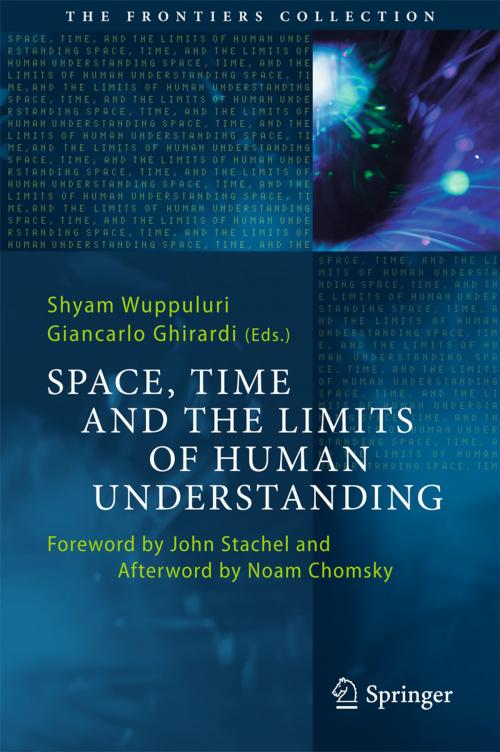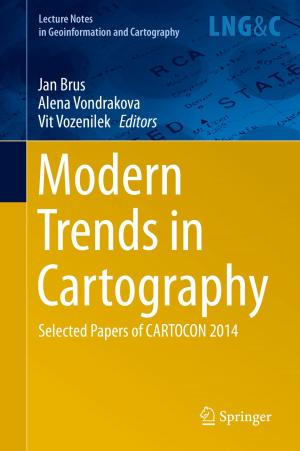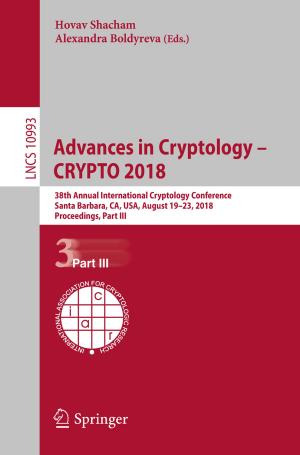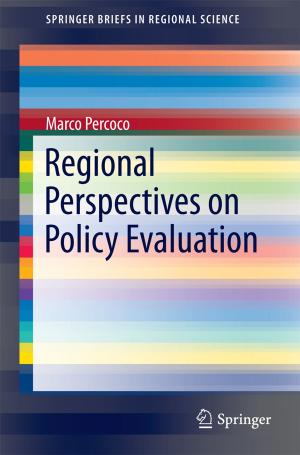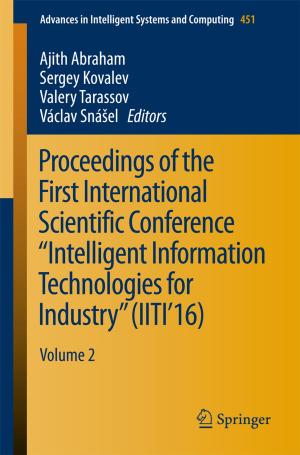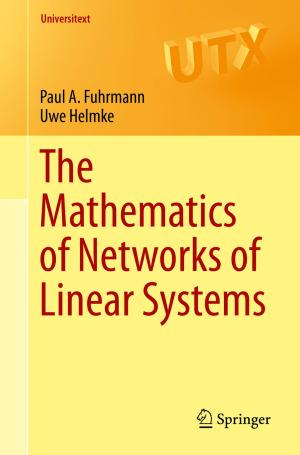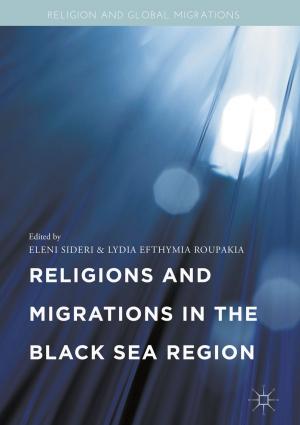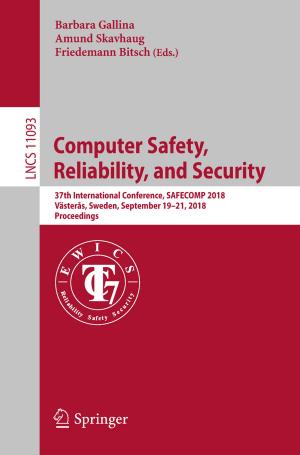Space, Time and the Limits of Human Understanding
Nonfiction, Science & Nature, Science, Physics, Gravity, Religion & Spirituality, Philosophy, Epistemology| Author: | ISBN: | 9783319444185 | |
| Publisher: | Springer International Publishing | Publication: | December 1, 2016 |
| Imprint: | Springer | Language: | English |
| Author: | |
| ISBN: | 9783319444185 |
| Publisher: | Springer International Publishing |
| Publication: | December 1, 2016 |
| Imprint: | Springer |
| Language: | English |
In this compendium of essays, some of the world’s leading thinkers discuss their conceptions of space and time, as viewed through the lens of their own discipline. With an epilogue on the limits of human understanding, this volume hosts contributions from six or more diverse fields. It presumes only rudimentary background knowledge on the part of the reader.
Time and again, through the prism of intellect, humans have tried to diffract reality into various distinct, yet seamless, atomic, yet holistic, independent, yet interrelated disciplines and have attempted to study it contextually. Philosophers debate the paradoxes, or engage in meditations, dialogues and reflections on the content and nature of space and time. Physicists, too, have been trying to mold space and time to fit their notions concerning micro- and macro-worlds. Mathematicians focus on the abstract aspects of space, time and measurement. While cognitive scientists ponder over the perceptual and experiential facets of our consciousness of space and time, computer scientists theoretically and practically try to optimize the space-time complexities in storing and retrieving data/information. The list is never-ending. Linguists, logicians, artists, evolutionary biologists, geographers etc., all are trying to weave a web of understanding around the same duo. However, our endeavour into a world of such endless imagination is restrained by intellectual dilemmas such as: Can humans comprehend everything? Are there any limits? Can finite thought fathom infinity?
We have sought far and wide among the best minds to furnish articles that provide an overview of the above topics. We hope that, through this journey, a symphony of patterns and tapestry of intuitions will emerge, providing the reader with insights into the questions: What is Space? What is Time?
Chapter [15] of this book is available open access under a CC BY 4.0 license.
In this compendium of essays, some of the world’s leading thinkers discuss their conceptions of space and time, as viewed through the lens of their own discipline. With an epilogue on the limits of human understanding, this volume hosts contributions from six or more diverse fields. It presumes only rudimentary background knowledge on the part of the reader.
Time and again, through the prism of intellect, humans have tried to diffract reality into various distinct, yet seamless, atomic, yet holistic, independent, yet interrelated disciplines and have attempted to study it contextually. Philosophers debate the paradoxes, or engage in meditations, dialogues and reflections on the content and nature of space and time. Physicists, too, have been trying to mold space and time to fit their notions concerning micro- and macro-worlds. Mathematicians focus on the abstract aspects of space, time and measurement. While cognitive scientists ponder over the perceptual and experiential facets of our consciousness of space and time, computer scientists theoretically and practically try to optimize the space-time complexities in storing and retrieving data/information. The list is never-ending. Linguists, logicians, artists, evolutionary biologists, geographers etc., all are trying to weave a web of understanding around the same duo. However, our endeavour into a world of such endless imagination is restrained by intellectual dilemmas such as: Can humans comprehend everything? Are there any limits? Can finite thought fathom infinity?
We have sought far and wide among the best minds to furnish articles that provide an overview of the above topics. We hope that, through this journey, a symphony of patterns and tapestry of intuitions will emerge, providing the reader with insights into the questions: What is Space? What is Time?
Chapter [15] of this book is available open access under a CC BY 4.0 license.
